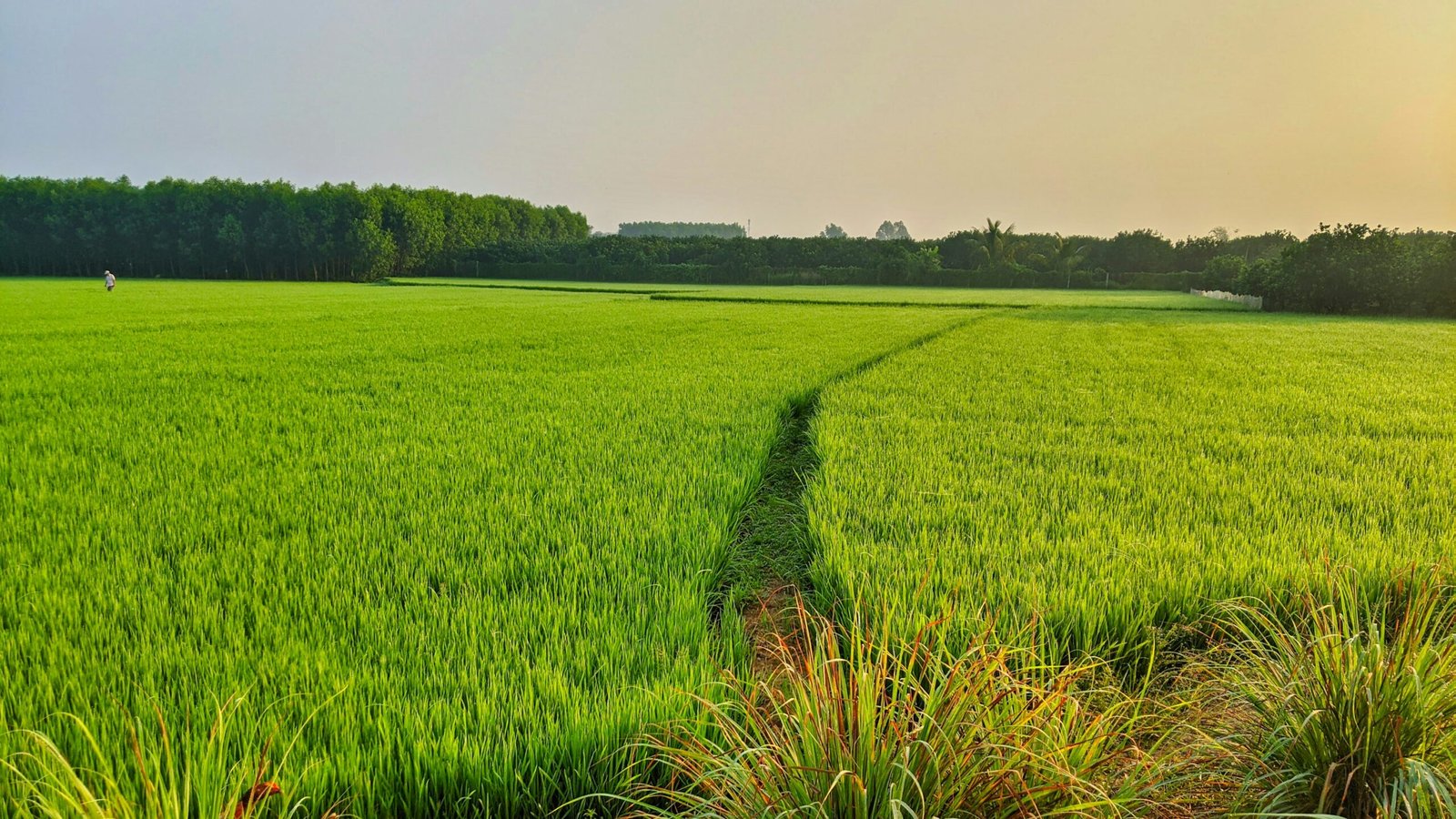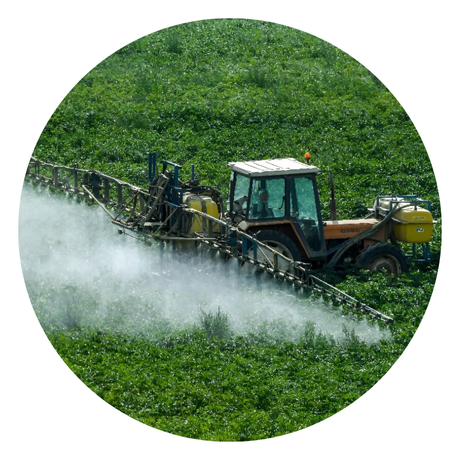Experience the Purity of Nature with Chemical-Free Farming
Natural farming is simpler, more affordable, and relies heavily on indigenous practices, making it a preferred choice for small and marginal farmers.





Your Trusted Source for Safe, Natural, and Chemical-Free Agriculture Products
At Farmsnfoods we are committed to bringing you the purest chemical-free agriculture products straight from nature’s lap. Our sustainable farming practices ensure that you get safe food, free from harmful pesticides, synthetic fertilizers, and GMOs. We specialize in chemical-free wheat, chemical-free rice, and chemical-free edible oils, promoting a healthier lifestyle for you and a greener planet for future generations.
Why Choose Chemical-Free Farming?



Pure & Nutrient-Rich Food
Our naturally grown chemical-free wheat, rice, and edible oils retain their original nutrients, ensuring a healthier diet.
No Pesticides or Artificial Fertilizers
Say goodbye to harmful chemicals in your food. Our farms use only natural compost, bio-fertilizers, and eco-friendly pest control.
Sustainable & Eco-Friendly
Natural farming restores soil fertility, conserves water, and protects biodiversity.
Safe Food for Your Family
Enjoy chemical-free agriculture products that promote well-being and reduce health risks.





Our Premium Chemical-Free Agriculture Products
Chemical-Free Wheat
Grown naturally, without chemical fertilizers or pesticides, retaining its original flavor and nutrition.
Chemical-Free Rice
Pure, organic, and free from harmful chemicals, perfect for a healthy diet.
Chemical-Free Edible Oils
Cold-pressed and naturally extracted for maximum health benefits.
Farm-Fresh Vegetables & Pulses
100% natural, rich in vitamins, minerals, and taste.
Join the Safe Food Movement Today!
At farmsnfoods, we are passionate about providing safe food for every household. Whether you’re a conscious consumer, a retailer, or a farmer looking to switch to sustainable practices, we are here to help.

What is Natural Farming?
Natural farming eliminates the use of synthetic chemicals, fertilizers, and pesticides, relying instead on nature's processes to nurture crops and livestock. It promotes the use of locally available resources, such as cow dung, urine, crop residues, and microorganisms from the soil, to enhance fertility and productivity. This approach fosters a self-sustaining ecosystem where the farm regenerates its own nutrients, reduces costs, and enhances resilience against climatic variations.

Key Principles of Natural Farming




Chemical-Free Farming:
In natural farming, the health of the soil is prioritized by avoiding artificial inputs. Organic matter like bio-enzymes, cow dung, and compost enhances soil fertility, encouraging the growth of beneficial microorganisms that make nutrients available to plants naturally.
Livestock Integration:
Livestock, particularly indigenous cattle, play a pivotal role in natural farming. Cow dung and urine serve as the foundation for preparing natural fertilizers and pest repellents. Livestock-based farming strengthens the bond between agriculture and animal husbandry, creating a balanced and productive ecosystem.
Natural Pest Management:
Pest control in natural farming is managed through bio-repellents and companion planting. This ensures that crops grow without toxic chemicals, safeguarding the health of farmers, consumers, and the environment.
Minimal Disturbance to Soil
By avoiding deep plowing and excessive tilling, natural farming preserves the natural structure and microbial life in the soil, promoting better water retention and root development.
Explore Our Popular Courses


- 0 Lessons
- 17 week
- 185
Grow Personal Financial Security Thinking & Principles
- 0 Lessons
- 20 hour
- 420
The Complete Guide to Build RESTful API Application
- 0 Lessons
- 25 hour
- 360
Competitive Strategy Law for Management Consultants

Natural Farming vs. Organic Farming
Although natural and organic farming share a common goal of sustainability, they differ significantly in their practices and philosophies:
Aspect | Natural Farming | Organic Farming |
Use of Chemicals | Completely avoids external inputs like synthetic and organic fertilizers. | Permits certified organic inputs like compost and bio-fertilizers. |
Cost Efficiency | Low-cost method relying on natural resources like cow dung and crop residues. | May involve higher costs due to reliance on certified organic products. |
Philosophy | Focuses on mimicking natural ecosystems with minimal human intervention | A more regulated approach adhering to certification standards |
Soil Management | Enhances natural soil fertility through microbial activity | Encourages fertility using organic compost and manures |

Benefits of Natural Farming

Healthier Produce
Chemical-free crops retain their natural taste, nutrition, and safety, promoting consumer health.Environmental Protection
Natural farming prevents soil erosion, reduces water contamination, and minimizes greenhouse gas emissions.Economic Viability
With minimal investment in fertilizers and pesticides, farmers experience lower production costs and higher profitability.Biodiversity Conservation
Diverse cropping patterns and natural pest control methods support pollinators and wildlife.Our Latest News Feed

















